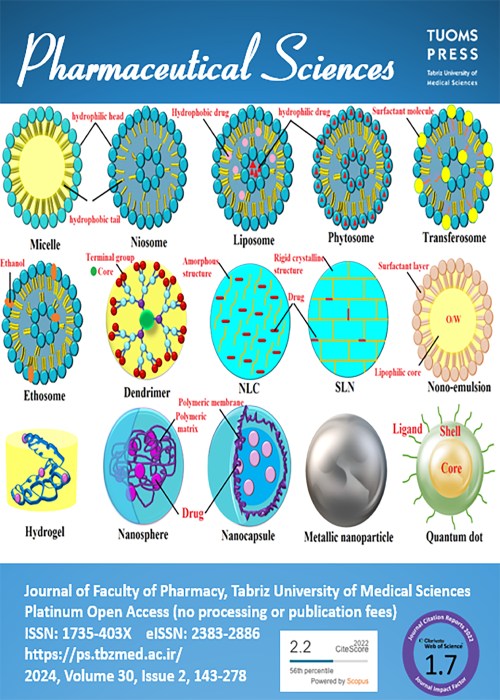Anti-proliferative and Apoptotic Effect of Tetrahydrobenzo[h]quinoline on MCF-7 Human Breast Cancer Cell
Quinoline and its derivatives display various biological activities based on versatility in designing a new drug class for medicinal applications. Hence, synthesizing innovative and varied derivatives of quinoline has gained considerable attention among chemists and biologists. This study evaluated the anti-proliferative and apoptotic effect of tetrahydrobenzo[h]quinolineon Michigan Cancer Foundation-7 (MCF-7) human breast cancer cells.
The anti-proliferative effect of tetrahydrobenzo[h]quinoline was studied via MTT[3 0-(4, 5-dimethylthiazol-2-yl)-2, 5-diphenyl tetrazolium bromide] assays. A quantitative and qualitative study of apoptosis was carried out via flow cytometry and terminal deoxynucleotidyltransferase dUTP nick end labeling (TUNEL). Quantitative real-time PCR (qPCR) and immunoblotting analysis were employed to identify the expression level of genes and proteins involved in the apoptosis signaling pathway.
The synthesized compound reduced 50% of cell growth at concentrations of 10 and7.5 μM during 24 and 48h, respectively, and induced apoptosis up to 30% in MCF-7 cancer cells. Regarding the gene expression level, Bcl-2 displayed considerable alleviation, whereas Bax expression increased significantly. Despite the remarkable increase in caspase 9 expression, there was no noticeable difference in the caspase 8 expression in treated cells compared to the control group. Western blotting data showed that the protein expression level of Bcl-2, pro-caspase 8, and 9 reduced. The protein content of Bax, cleaved-caspase 8, and 9 increased significantly, of which the protein level of cleaved-caspase 9 exhibited a tremendous rise in the treated group.
The newly synthesized tetrahydrobenzo[h]quinoline can be a promising organic compound for cancer treatment if its anti-cancer effect investigates by other types of breast cancer cells. In vivo studies should be used to investigate the anti-cancer efficiency of this compound.
Quinoline , MCF-7 , Breast cancer , PCR , Cytotoxicity , Apoptosis
- حق عضویت دریافتی صرف حمایت از نشریات عضو و نگهداری، تکمیل و توسعه مگیران میشود.
- پرداخت حق اشتراک و دانلود مقالات اجازه بازنشر آن در سایر رسانههای چاپی و دیجیتال را به کاربر نمیدهد.


